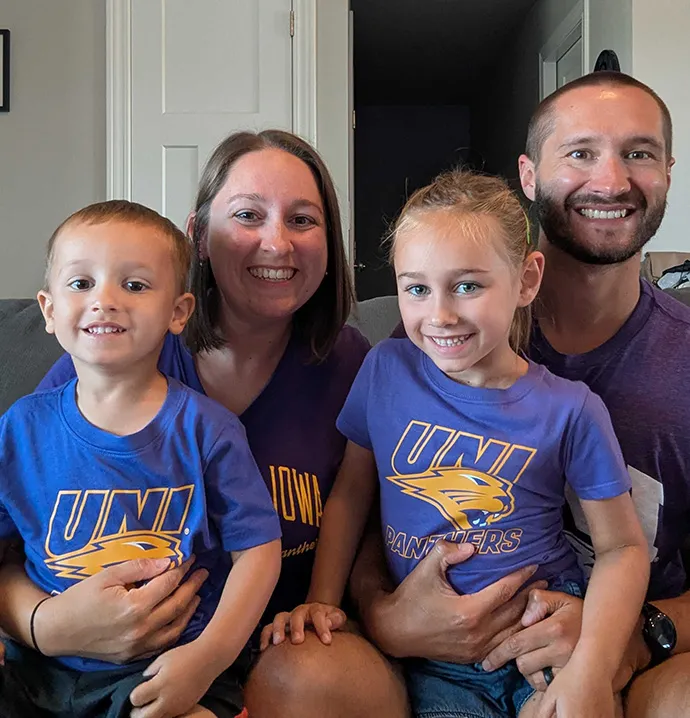What are your friends and family worth?
What are your friends and family worth?
“A rich man beginning to fall is held up of his friends…. When a rich man is fallen, he hath many helpers.”
This proverb is apt for today’s world. In today’s political climate, people debate the justice or desirability of income and wealth distributions. The numbers bandied about in the press, as with most statistics, are just good starting places for discussions. These simple numbers fail to reveal important nuances. Economists and researchers recognize how complicated the topics of income and wealth distributions are. Politicians and activists tend to neglect the nuances inherent in these distributions.
The distributions both understate and overstate the disparities in income and wealth. I illustrate potential understatement by using a former student of mine. After playing racquetball one afternoon, we were talking about his CPA degree. He was going to start making an income above the median household income in America. His fiancé was also a CPA. Between them, they would be comfortably ensconced in the upper half of American households upon graduation.
Their marriage reflected what economists denote as “assortative mating,” where people tend to marry within similar socio-economic classes. The fairy tales of Snow White or Cinderella marrying the Prince are just that: fairy tales. There is nothing unethical or evil about people marrying within socio-economic classes, but doing so carries the ramification that it amplifies differences in income and wealth between people.
My young friend, however, had even greater advantages. His brothers, brother-in-law, and parents were also well off. They were not rich, but they were definitely upper-middle class. He also had many friends, who earned CPA degrees while studying at UNI.
If an unlikely combination of financial, emotional, or health disasters hit him, his family and friends were well positioned to help him. The proverb quoted above applies to him.
In contrast, many Americans lack such a network. If they stumble, their family and friends may not have the financial wherewithal to extend loans. If their family and friends are not well educated, they may lack knowledge of various government and charitable programs designed to help people temporarily down on their luck.
A simple unexpected car repair wreaks financial havoc for all-too-many American families. Workers facing car repairs may miss shifts and, in extreme cases, be fired by unsympathetic bosses. The necessity of playing first and last month’s rent exceed many families’ budgets and contributes to prolonged homelessness.
My friend’s family and friends could readily extend informal loans. He does not have to worry about such financial reverses that may cost him his job or render him homeless.
None of this is to suggest that my young friend, his family, or friends did anything unethical. Nor am I describing my friend as “privileged.” People’s benign choices, however, can, in the aggregate, contribute to socially undesirable outcomes. The proverb is ancient, but its truth remains fresh.
The views and opinions expressed are those of the author and do not imply endorsement by the University of Northern Iowa.




